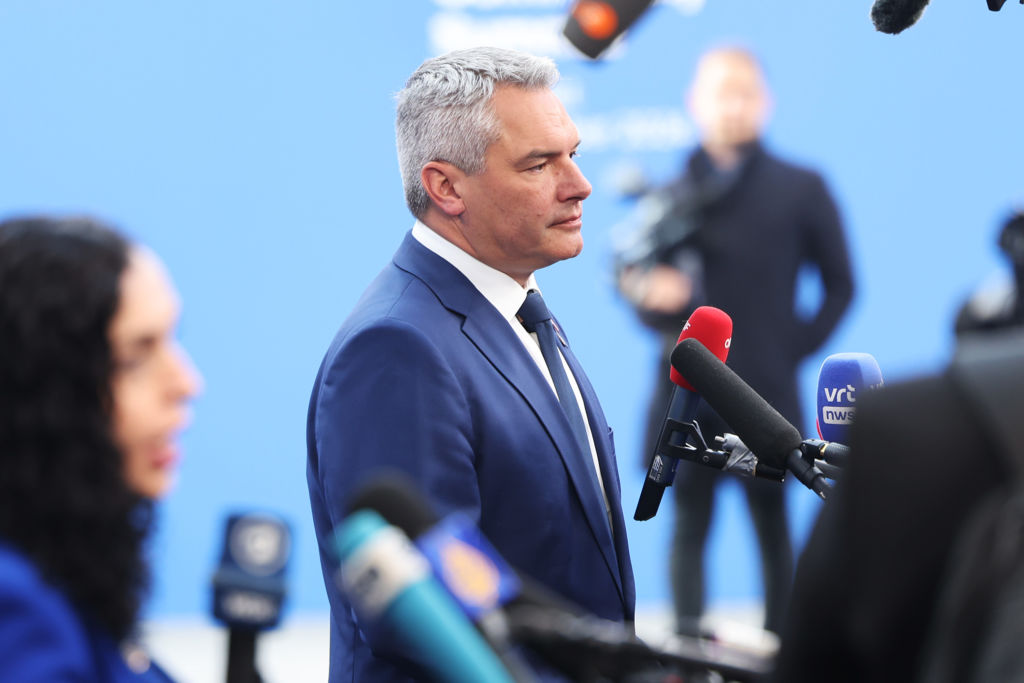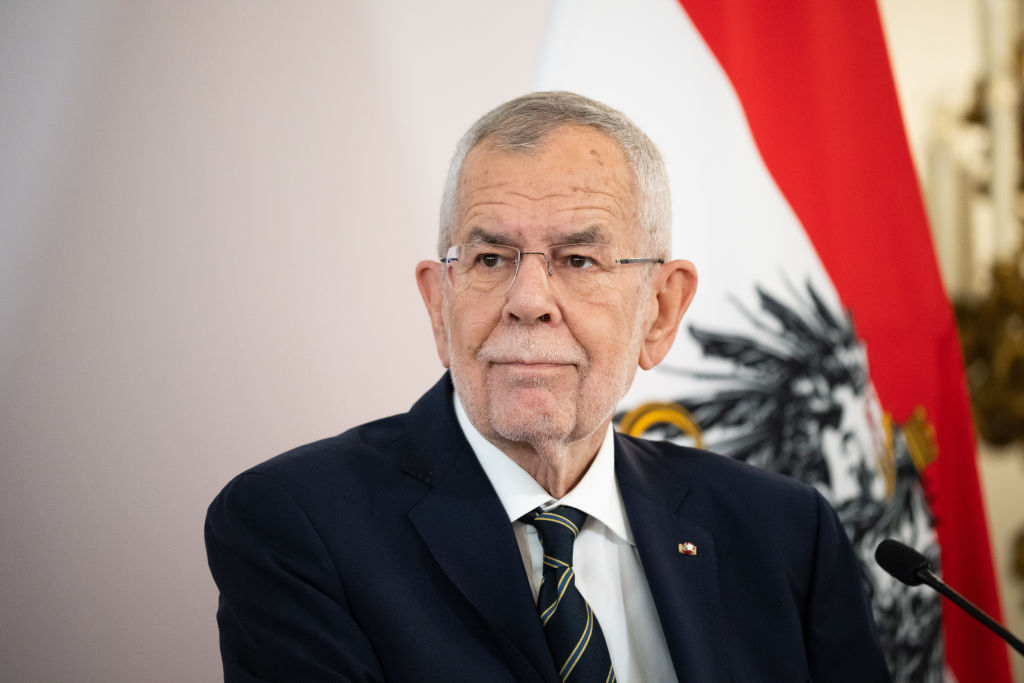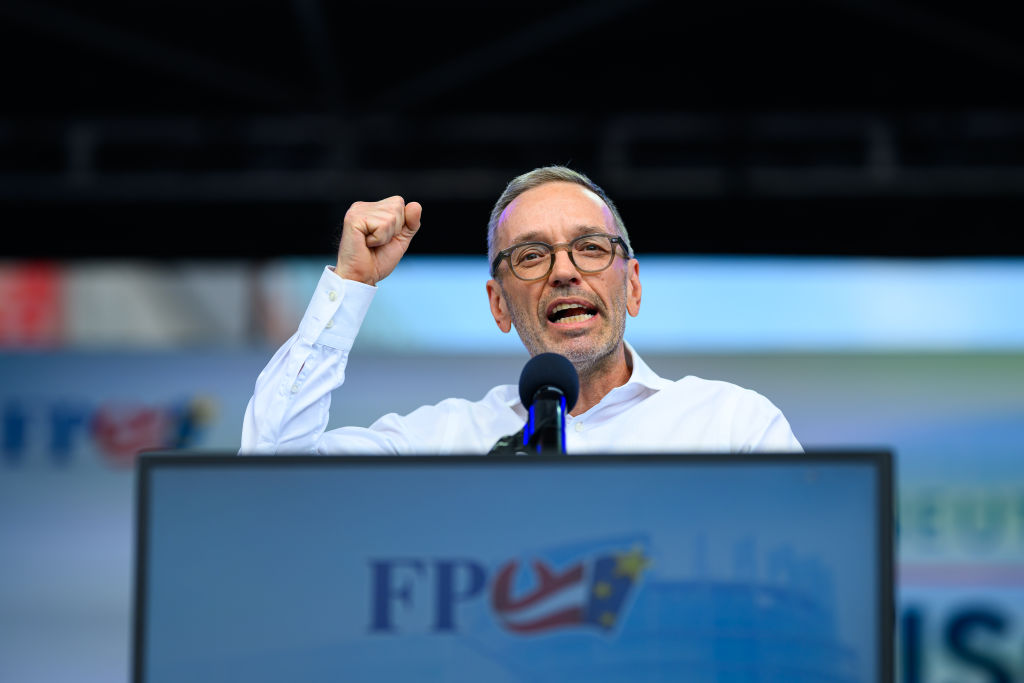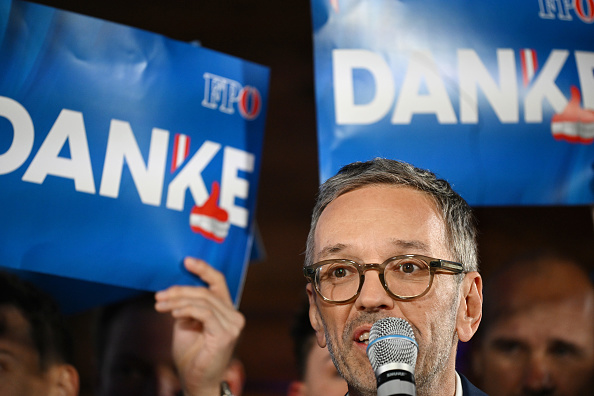Austria’s right-wing Freedom Party (FPÖ) has scored a victory in the regional elections in Styria, one of the country’s biggest federal states.
The party received 35 per cent of the vote on November 24, nearly doubling its share compared to the last election in 2019.
The Conservative People’s Party (ÖVP) and the Social Democrats (SPÖ) – which have been governing the State in coalition governments for decades – recorded their worst election results in post-war history. Together, ÖVP and SPÖ lost 17 percentage points and no longer have a majority in the regional parliament in Graz, Styria’s capital.
Vorläufiges Ergebnis der Landtagswahl in der Steiermark (inklusive Wahlkartenprognose) #ltwstmk pic.twitter.com/pwl1ELSCFN
— ORF Breaking News (@ORFBreakingNews) November 24, 2024
Mario Kunasek, leader of the Styrian FPÖ, told supporters: “We will respect the people’s trust and put it at the centre of our political efforts.”
The election has importance far exceeding the State’s limits. It is widely seen as a plebiscite on the federal government coalition talks between ÖVP and SPÖ in Vienna – which also include the leftist-Liberal Neos party as a junior partner.
In the Austrian general election on September 29, FPÖ came in first with almost 29 per cent of the vote. Austria’s President Alexander van der Bellen, a former Greens Party MP, broke with the country’s democratic tradition and gave the mandate to form a government to Karl Nehammer, leader of the ÖVP and federal Chancellor. That was despite the fact that Nehammer’s party had lost 11 percentage points and came in second with 26 per cent.
Nehammer – who has a long-held grudge against the FPÖ’s leader Herbert Kickl – announced he would not co-operate with Kickl, whom he had called a “right-wing extremist” and “conspiracy monger“. Instead, he started coalition talks with the Socialist SPÖ.
Nehammer’s course has alienated even long-time ÖVP supporters. Andreas Unterberger, a prominent Conservative publicist, wrote: “Despite the right-wing majority in the country [for FPÖ and ÖVP], the leftists are de facto in the driver’s seat even before the start of the coalition.”
The FPÖ criticised the coalition in the making as a mere “job security programme” for Nehammer, which would allow him to remain Chancellor at the expense of a continued decline of the country.
Austria’s economy has tanked in the past five years under the leadership of the ÖVP and the Greens. The new coalition does not provide many with hope for change. The SPÖ has veered even further towards the hard-left under its new leader Andreas Babler, an open-borders activist and self-declared “Marxist” who wrote a book praising Soviet dictator and mass-murderer Joseph Stalin.
Some commentators are expecting that Nehammer may now be ousted by his party after the dismal result in Styria – or may decide to step back on his own. A first official reaction by the ÖVP gave little insight. The party called the result “painful” but then continued: “We stand for change – but not for the one promised by Herbert Kickl.”
„Das heutige Wahlergebnis in der Steiermark ist schmerzlich, keine Frage. Es zeigt aber auch: Regierungsparteien haben es auf Landesebene derzeit besonders schwer. Auf Bundesebene gilt: Wir nehmen die Anliegen der Menschen ernst und stehen für Veränderung – aber nicht für jene,…
— Volkspartei (@volkspartei) November 24, 2024





